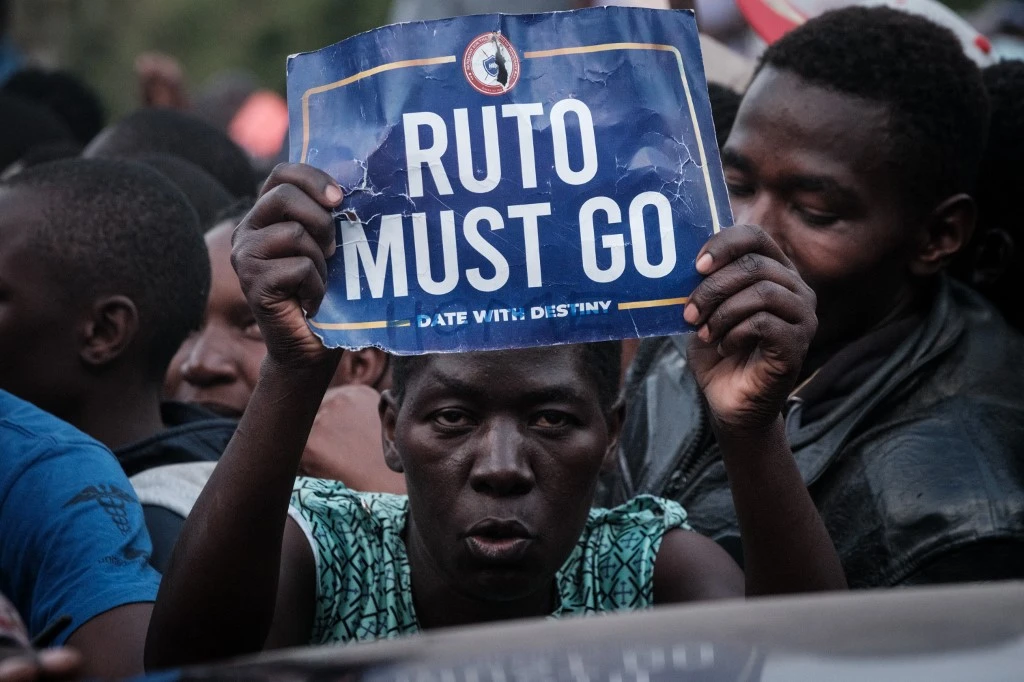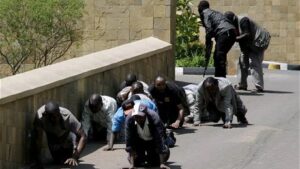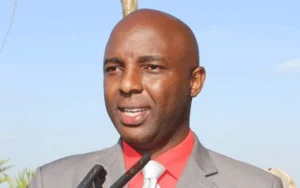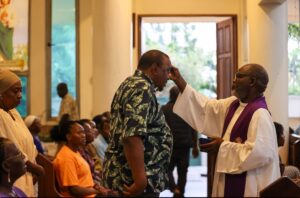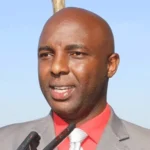“Ruto Must Go’, amid the explosion of teargas canisters and live bullets, has been a rallying cry for anti-government protestors across the country, a stark contrast to a well-cultivated global image that the head of state took two years to perfect. What could be behind the dissent against a president feted by Biden, at a state dinner in the Whitehouse, the first of its kind in honor of an African leader in the past 16 years? What could be the disconnect between his international image and a sinking domestic popularity?
President Ruto rode to office on a populist agenda, focusing on the hustler narrative to capture the wide electoral base of the informal sector. However, since getting into office, his voters have been left reeling from a high tax regime amid a stagnating economy and poor service delivery exacerbated by corruption.
Interestingly, the government has been shifting the blame of the protests with no clear culprit in mind, akin to a rock-paper-scissor game without taking a look in the mirror at an image of bad policies and poor governance.
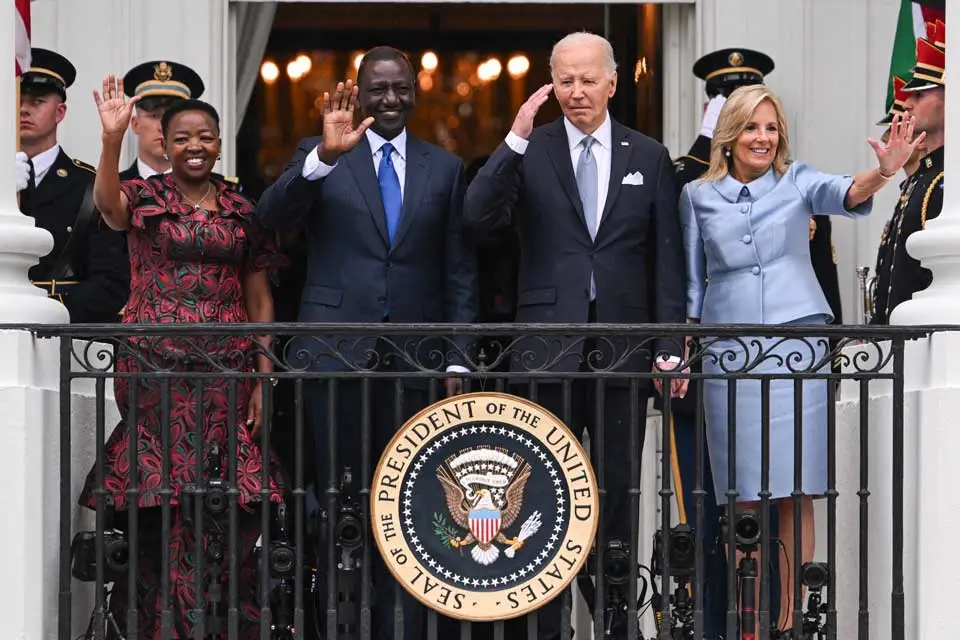
In mid-June, protests erupted following the announcement of tax hikes by Ruto’s government, which would have increased the cost of essential goods. The $2.7 billion tax reform was a catalyst for unrest, but underlying issues such as stagnant wages and pervasive corruption had been causing frustration for years.
Despite Ruto cancelling the finance bill on June 26, dismissing most of his cabinet, and proposing “multi-sectoral” talks to address the protesters’ concerns, demonstrations have persisted. The government’s response has been harsh, resulting in over 50 deaths, 59 people missing or abducted, and 628 arbitrary arrests, as reported by the Kenya National Commission on Human Rights.
Initially, when the protests began, the government blamed it on former president Uhuru, before shifting blame to external players, culminating in the president namedropping the Ford Foundation an American philanthropic organization, of sponsoring those who caused “violence and mayhem” in Kenya, without providing evidence, on Monday during a rally in Nakuru.
You have no power to “permit”demonstrations. Your duty is to offer security https://t.co/m9TARLf3uK
— Martha Karua SC (@MarthaKarua) July 17, 2024
The Ford Foundation rejected the allegation, saying it did not fund or sponsor the protests and has a strictly nonpartisan policy for awarding its grants.
Despite President William Ruto’s withdrawal of the tax hikes and calls for dialogue, protesters remain unsatisfied and are continuing to demand broader changes, including addressing issues of corruption and governance. The protestors are adamant despite a police notice banning protests citing difficulty in managing the protestors due to its leaderless approach. A move that has been condemned by leaders and civil activists.


